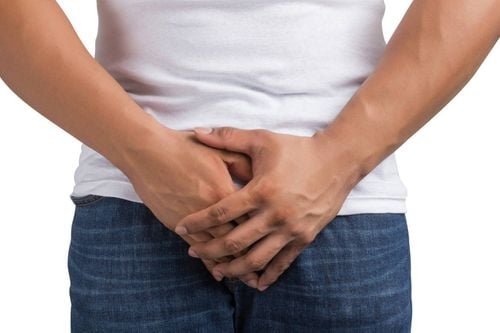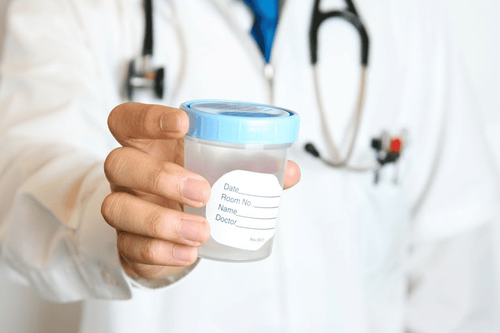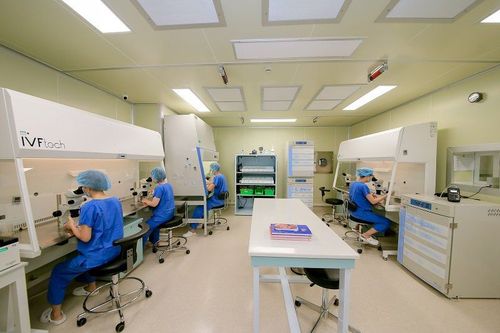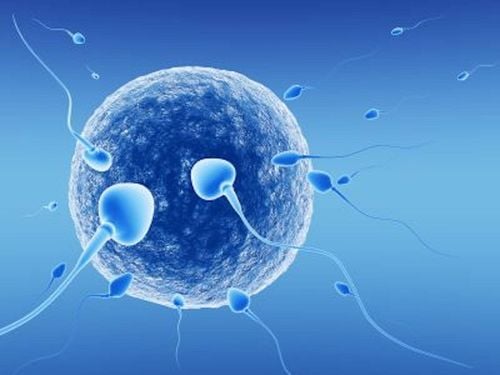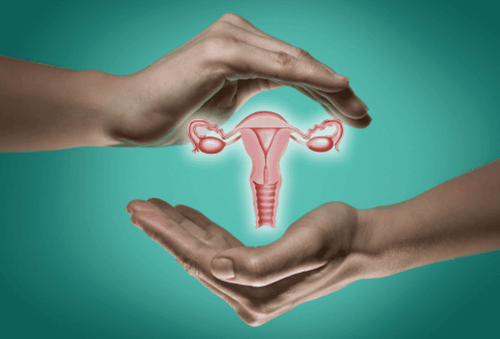This is an automatically translated article.
Anti-sperm antibodies are formed that will damage or destroy sperm, so natural conception will be very unlikely. Anti-sperm antibodies can be present in both men and women.
1. What are anti-sperm antibodies?
As the name implies, antisperm antibodies are antibodies against sperm. This happens when the immune system mistakenly identifies the sperm in a man's semen as a foreign invader, and triggers an immune response that creates antibodies to attack and destroy the sperm.
The phenomenon of anti-sperm antibodies is relatively rare. Both men and women can produce anti-sperm antibodies. Anti-sperm antibodies make it difficult for couples to have children.
2. How are spermicidal antibodies formed?
In the male testicles, there is a blood-testicular barrier and strong binding complexes that help separate sperm and sperm degradation products from the body, separating the vas deferens and blood. Therefore, sperm will normally be completely isolated from the immune system.
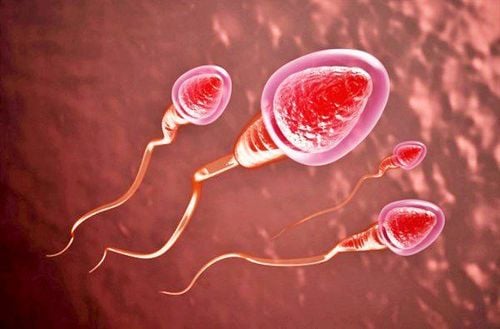
Tinh trùng có hàng rào máu tinh hoàn nên tách biệt với hệ thống miễn dịch
For some reason, the blood-testicular barrier is damaged, causing sperm and sperm degradation products to appear in the blood, from which the body initiates immune reactions to produce antibodies to kill sperm .
Common causes of the formation of anti-sperm antibodies in men such as:
Genital tract infection Testicular damage after trauma, testicular biopsy or after surgery such as vasectomy Inflammation Prostate Cancer Testicular cancer A woman's body can also make sperm-killing antibodies if she has an allergic reaction to her partner's semen. At present, it is not clear why some women develop sperm-killing antibodies while others do not. Sperm in the female reproductive tract after intercourse is not responsible for the production of anti-sperm antibodies. Causes may be due to trauma to the vaginal mucosa during intercourse or due to the deposition of sperm in the digestive tract during oral sex. Some studies have shown that women whose partners have anti-sperm antibodies are more likely to develop anti-sperm antibodies as well. Women with antisperm antibodies react only with their partner's sperm, but not with other men's sperm.
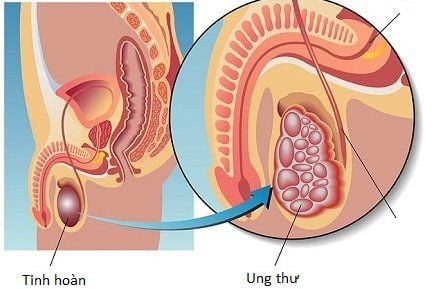
Ung thư tinh hoàn là một trong những nguyên nhân hình thành kháng thể kháng tinh trùng
3. When to test for spermicidal antibodies?
If you and your wife have difficulty conceiving, you should go to a medical facility specializing in obstetrics. Your doctor may recommend that you have fertility tests, including an antisperm antibody test. For women, the test for antisperm antibodies can be done on a blood sample or a sample of cervical mucus. For men, this test is done on a semen or blood sample.
4. Spermicidal Antibody Treatments
Currently, there is no specific treatment for anti-sperm antibodies. For the husband, the doctor may prescribe immunosuppressive drugs to reduce the body's immune response. This method will help men produce less sperm-killing antibodies, thereby increasing the chances of getting pregnant for the wife.
For the wife, the most commonly performed method is intrauterine insemination (IUI). This method will help sperm avoid contact with spermicidal antibodies found in the cervical mucus of women. Some other methods of assisted reproduction can also be performed such as: in vitro fertilization (IVF), conception by intracytoplasmic sperm injection (ICSI),...
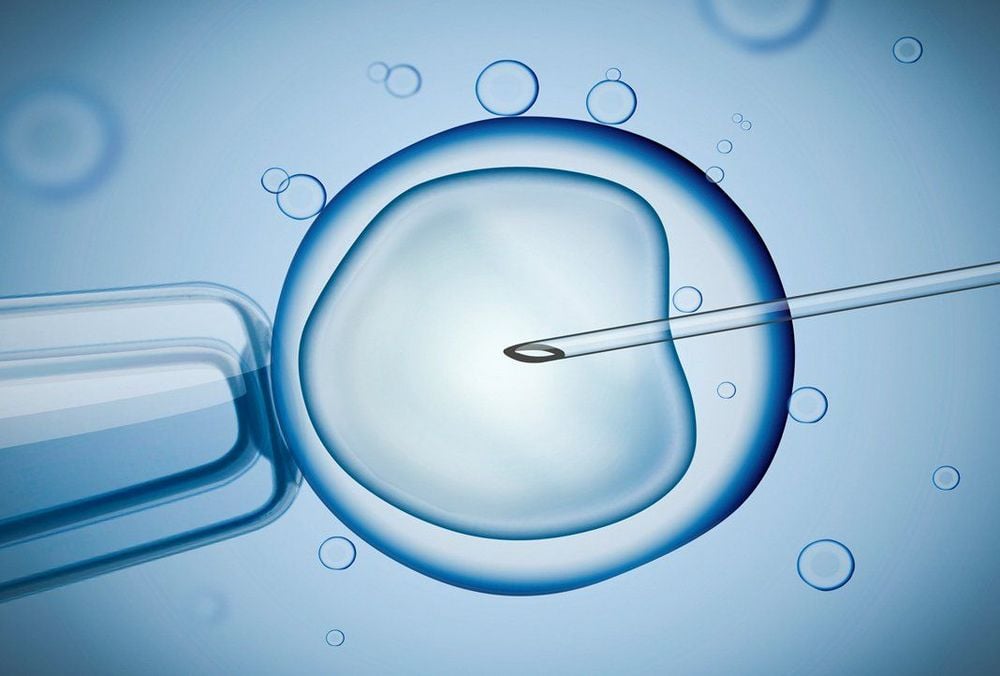
Thụ tinh trong ống nghiệm đang là phương pháp hỗ trợ sinh sản được nhiều cặp vợ chồng lựa chọn
Besides doing anti-sperm antibody test, in order to accurately diagnose the cause, active status as well as evaluate male reproductive health at that time, it is necessary to combine with semen analysis test. and a male hormone factor test (with attention to male reproductive hormones).
In order to bring hope to infertile - infertile couples, Vinmec IVF Fertility Center has performed fertility support for over 1000 infertile couples with a success rate of over 40%. This rate is equivalent to developed countries such as the UK, USA, Australia,...
The center gathers a team of leading experts in the field of obstetrics and gynecology nationally and internationally, trained in centers leading in the world such as in the US, Singapore, Japan, Australia and famous fertility centers in the world.
With a high level of expertise and extensive experience, Vinmec IVF Center's experts are capable of synchronously and comprehensively deploying the most advanced assisted reproductive techniques today, helping realize the dream of becoming a parent of hundreds of families across Vietnam.
You can directly go to Vinmec IVF Fertility Center for advice by specialist doctors or contact 024 3974 3556 for support.
References: webmd.com, en.wikipedia.org
Please dial HOTLINE for more information or register for an appointment HERE. Download MyVinmec app to make appointments faster and to manage your bookings easily.




